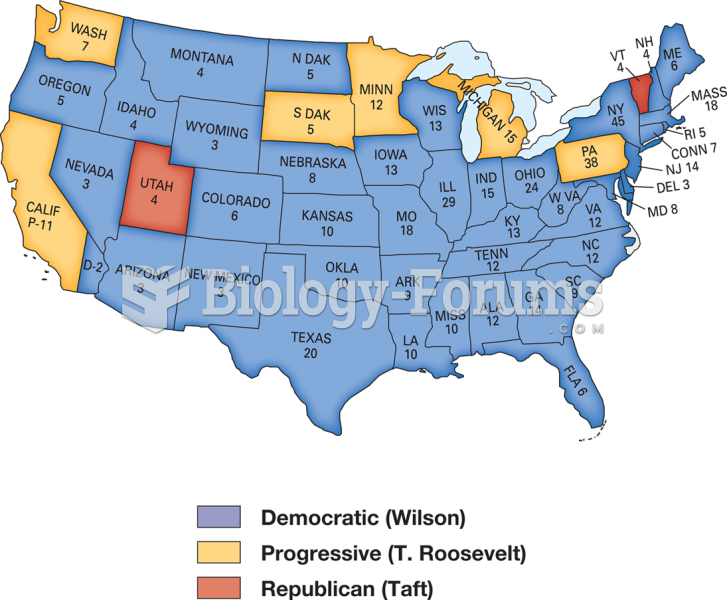I wasn't familiar with it, but Wikipedia has an article about it at
http://en.wikipedia.org/wiki/McGovern?Fraser_CommissionIt sounds like the Democrats in 1968 had a lot of problems at the time. There were protests and violence during the 1968 convention because the party leaders picked one candidate, Hubert Humphrey, while all the people actually wanted Eugene McCarthy. Disgust with the nomination process made people create a commission to improve how they're selected. So they worked to create rules for future conventions starting with the 1972 one so that the nomination process would have to be open and have better representation of the people. Before the reforms, 2/3 of the states had elite party people decide things, and after the reforms, more than 3/4 use primary elections.
They came up with stuff like requiring at least a minimum number of people to participate, needing a consistent process across the whole state, plus some other stuff. The rules apply to both parties because the rules are state law that apply to everybody and not just a party policy. It helped both parties, but obviously the one doing worse is going to get the most help out of these reforms. It would strengthen the party by making sure that the party is representative of its members rather than a huge divide.
Today there is still a big divide in the Democratic party. A big chunk of them want to let the Patriot Act expire and get out of Iraq faster than Bush's December 2011 schedule and cut back on drone strikes and reduce government waste. Then there are the ones who don't really care about that other stuff. Basically one group likes how Obama campaigned, and one likes how he has acted after he became president. Elites still decide a lot of stuff, but without the reforms it sounds like the divide would be even bigger.
Critics of the reforms say that it makes it so that normal uninformed people have too much power in the process.






